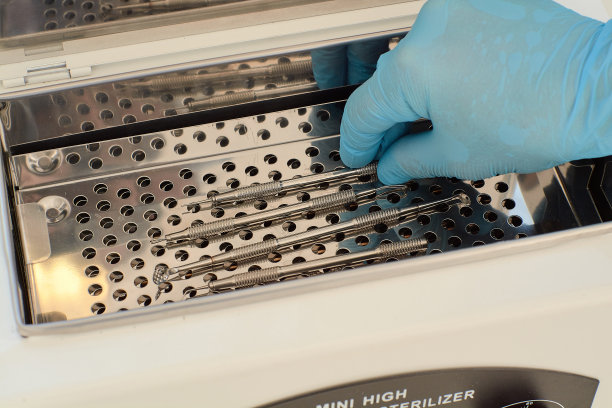Essential Precautions and Guidelines to Ensure Safety During Root Canal Treatment for Optimal Patient Care
Summary: Root canal treatment is a common dental procedure aimed at preserving infected teeth. While these treatments are generally safe, a series of essential precautions and guidelines should be followed to ensure optimal patient care and safety throughout the process. This article discusses four critical aspects: Pre-procedure Patient Assessment, Infection Control Protocols, Anesthesia and Pain Management Techniques, and Post-treatment Care and Follow-up. Each section provides insights and detailed recommendations to enhance patient safety, minimize discomfort, and ensure successful outcomes. Understanding these precautions not only empowers dental professionals but also reassures patients during their treatment journey.
1. Pre-procedure Patient Assessment

Before any root canal treatment, a thorough patient assessment is crucial. Dentists should take a detailed medical history to identify any underlying health conditions that could impact treatment, such as heart disease, diabetes, or allergies. This information helps in tailoring the approach for each patient and mitigating potential risks.
Moreover, a clinical examination, including radiographic analysis, is essential to evaluate the extent of infection and the anatomy of the tooth. This will guide the dentist in forming a treatment plan and anticipating any challenges that might arise during the procedure.
Lastly, establishing a strong communication channel with the patient can significantly enhance their comfort level. Dentists should explain the procedures steps, expected outcomes, and any possible complications, encouraging patients to voice their concerns or ask questions.
2. Infection Control Protocols
Infection control is paramount in ensuring safety during root canal procedures. Dental clinics must adhere to stringent sterilization protocols, ensuring that all instruments are properly disinfected before and after each use. Utilizing disposable materials wherever possible can further reduce the risk of cross-contamination.
Additionally, maintaining a clean and hygienic environment in the treatment area is crucial. This involves the use of protective barriers, such as gloves, masks, and gowns for both dental staff and patients. Proper hand hygiene should always be observed to minimize the risk of introducing pathogens.
Implementing effective waste disposal practices is also important. Biological waste must be disposed of in compliance with local regulations, thereby reducing environmental risks and ensuring a safe clinical practice.
3. Anesthesia and Pain Management Techniques
Effective pain management is vital for a comfortable root canal experience. Before starting the procedure, dentists should ensure adequate anesthesia, whether local or sedation, depending on the patient’s needs and comfort level. Assessing the patients level of anxiety can help determine the most suitable anesthesia option.
Monitoring vital signs during the procedure is essential to track the patients response to anesthesia and ensure their safety throughout treatment. Having emergency drugs and resuscitation equipment readily available is advisable in case of unexpected reactions.
After the procedure, providing patients with clear instructions regarding pain management, including recommended medications and when to seek help, further ensures their safety and comfort during recovery. This proactive approach can significantly reduce the fear associated with root canal treatments.
4. Post-treatment Care and Follow-up
Post-treatment care is crucial for successful recovery following a root canal. Patients should be instructed to avoid chewing on the treated tooth until it is fully restored, as this can prevent further complications. Additionally, they should be advised to maintain proper oral hygiene practices to safeguard the treatment site from infections.
Scheduling follow-up appointments is a critical aspect of post-treatment care. Regular check-ups allow dentists to monitor the healing process and address any complications early on. These visits provide an opportunity for open communication where patients can report any unusual symptoms.
Furthermore, educating patients about the signs of infection or complications – such as prolonged pain, swelling, or fever – is essential. Empowering patients with knowledge boosts their confidence in managing their own recovery and reinforces the importance of adhering to follow-up recommendations.
Summary:
Through a comprehensive understanding of the essential precautions and guidelines, dental professionals can ensure safety during root canal treatments, leading to optimal patient care. By prioritizing patient assessments, infection control, effective pain management, and thorough post-treatment follow-up, both patients and dental teams can achieve successful outcomes and decreased anxiety surrounding this essential procedure.
This article is compiled by Vickong Dental and the content is for reference only.



